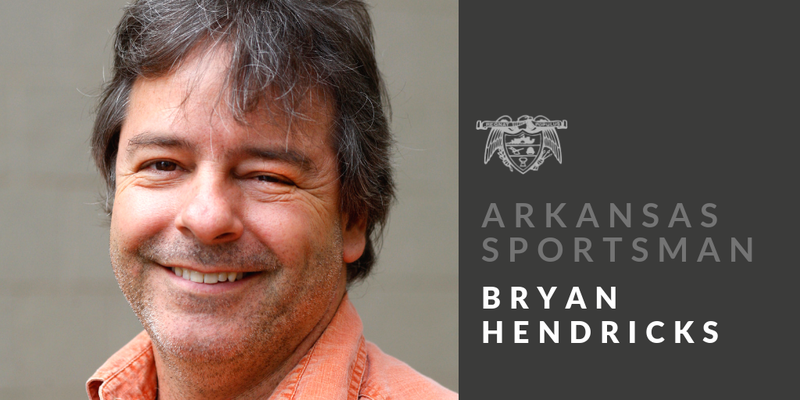Arkansas Game and Fish wildlife officers catch a lot of violators who post photos of their misdeeds on social media, so it was surprising when a wildlife officer recently torpedoed his own career in the same web.
Cpl. Jay Hagan, a 31-year veteran with the commission, did not commit a wildlife violation. He posted a racially inflammatory meme on social media. To its credit, the commission's senior staff took swift action and gave Hagan two choices. Resign or be fired. Hagan resigned.
Game and Fish Commission Chairman Andrew Parker said that everything about the affair was sad and very unfortunate.
"It's tragic," Parker said. "That guy is a 31-year employee, and there was not a blemish on his record. By the accounts that I heard, he's a really well-liked guy."
Parker said that Hagan reached out to minority employees at the Game and Fish Commission and apologized, saying the meme does not reflect his personal beliefs. However, the commission could not afford to allow him to remain employed.
"If you're going to use your badge, as in this example, as a profile picture and then post things that are offensive, that fuse is not very long when it comes to people's reactions," Parker said. "You suffer the consequences of that choice."
During my 16 years covering the commission, administrations have covered a broad range of tolerance for bad behavior. Except for Mike Knoedl, commission directors have tended to be pretty lenient, even when employees were found to have engaged in criminal behavior. Two such examples come to mind. Those individuals were demoted and their careers truncated, but inexplicably they remained employed. Pat Fitts, the commission's current director, did not hesitate in this case.
"I was pleased with how aggressively and how seriously they took the matter," Parker said. "They were right on it."
By any standard, Arkansas wildlife officers are an elite law enforcement group. The degree of personal and professional discipline instilled in them during training is rigorous. That's why it is so perplexing how such an experienced professional could make a mindless, unforced error.
That's not to say that people shouldn't post stupid stuff on the internet. It's better not to have stupid stuff to post. It follows the same standard for poachers. Instead of not posting poaching pictures, just don't poach.
Everyone who buys a candy bar or a loaf of bread in this state is an Arkansas Game and Fish Commission constituent whether or not they hunt and fish. Those who do hunt and fish will at some point have a personal interaction with a wildlife officer. The hunting and fishing community is diverse, and everybody is entitled to a reasonable expectation that the person behind that badge will treat them fairly, with courtesy and respect. No commission employee can give any member of the public a reason to believe otherwise. That should also apply to commission employees, some high-profile, who are politically offensive on social media.
Parker said it is an onus that the commission works to rectify.
"I was at a Leadership Arkansas session, and a young lady asked lots of questions about diversity," Parker said. "She said, 'You guys need to engage more, and have more racial and gender diversity in the agency.' I was the one that mentioned the officer's post. This girl doesn't hunt and fish or do anything of any significance outside, but she knew all about that. While it's not a commissioner's place to directly engage in a personnel management decision, at every level that guy needs to resign, or he needs to be fired. That's a reflection of significant change. The tolerance for it is zero."
As easy as it is to mindlessly post offensive content, it's unavoidable that an employee for an organization will post something that puts their employer in a firestorm. Parker said that the value of social media to the commission is too great to prohibit Game and Fish employees from using it.
"When a discussion is taking place whether Game and Fish, particularly enforcement, should have Facebook accounts or not associate themselves with Facebook accounts, that's a step too far," Parker said. "There's too much good that can come from that association. The trap is that stuff is really easy to post, and it's really, really easy to share, and the hindsight is terrible. We always have to be mindful that a lot of people are watching, whether they hunt and fish or not."
